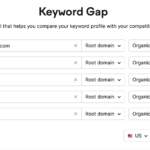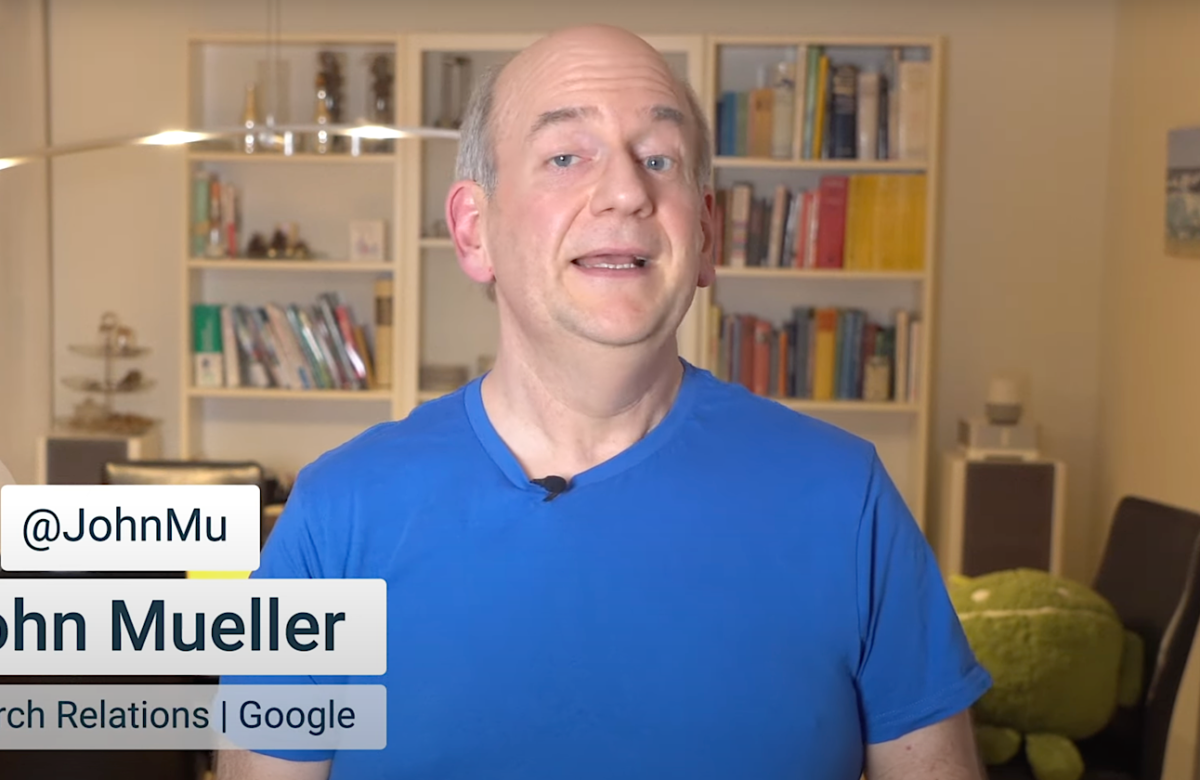
Readability Score: What Makes It Important in SEO?
- Digital Marketing
- May 26, 2022
- No Comment
- 309
If you work in content marketing, you’ve likely heard about readability scores before. This short and sweet measure of the reading level of your text gives you an idea of how easy or difficult it will be to understand your content at first glance, which can be an important factor in deciding whether or not people will read it and get any use out of it. Here’s everything you need to know about readability scores and how they affect SEO trends.
What Is A Readability Score?
A readability score is a single number, usually between 0 and 100, representing how easy or difficult it is to read and understand your content. Some algorithms estimate that if you write at an 8th-grade level, you will be able to reach roughly 80% of all internet users. When written at an 8th-grade level, your text also benefits from enhanced comprehension and reading speed (because our brains process high-frequency words more quickly). If you’re looking for an easy formula to calculate a readability score yourself or interested in learning about some of the Readability’s features, this post has everything you need.
Ways To Improve Readability Score
For those unfamiliar with readability scores, don’t worry. The basic premise is easy to grasp, even if you haven’t worked with them before. Think of a readability score as a word count or average sentence length. An ideal readability score would be between 50 and 65 words per sentence, but that number can vary slightly depending on who’s doing the measuring. A good readability score provides plenty of white space. It doesn’t waste valuable web real estate with over-the-top graphics and distracting content that make it hard for readers to get to your message.
How To Calculate Readability Score?
You can easily calculate your readability score by dividing your text’s length (in words) by its highest word count. The formula is Length ÷ Highest Word Count = Readability score. We’ll go into more detail about why and how to calculate readability scores later on, but, for now, let’s talk about what readability scores are telling you—and how to use them. To put it simply, a higher reading level score means that fewer people will be able to understand your content. An ideal reading level would be 8th grade at around a 10th-grade equivalent reading level.
Most high school students could understand your content without much difficulty. Lowering your readability score isn’t always something you want to do if you’re targeting a specific audience, but it’s important to keep in mind if you’re trying to appeal to a wide range of readers or users with varying levels of education or technical skills. Many popular websites have extremely low reading level scores because they’ve been written for general audiences instead of experts or highly educated individuals. For example, according to Copyscape, Wikipedia has an average readability score of 5 th grade!
How Readability Score Is Used On SEO Ranking?
A readability score is an algorithmic assessment of how difficult it is to read content on a page. Thus some professionals consider On Page SEO Services for the driven results. This can help you understand your website’s content and make improvements. However, keep in mind that the readability score is only one way Google determines its search rankings. Focus on creating engaging, unique content—and leave your readability score alone! Think of it as a guideline. Even if you’re targeting keywords with high competition, writing easy-to-read pages will help you engage users. And also drive more traffic to your site. Continue reading our guide to learn why reading level matters for ranking and what kind of language helps with search engines like Google and Bing!
Common Readability Scoring Tools
There are several popular readability scoring tools available to content creators. These tools are invaluable in understanding how to improve your writing. The two most common readability scoring tools are Flesch-Kincaid and Gunning Fog indexing. The Flesch-Kincaid score can be calculated using Microsoft Word or Google Docs. And is often accompanied by a text complexity grade for added information. Because of its ease of use is more commonly used than any other readability tool; however, it has its weaknesses that can result in unexpected results if not taken with a grain of salt.
Additional Considerations When Using Readability Scores
Think of readability scores as just one small piece of your marketing strategy. They won’t make or break your business. But they could be a valuable tool if you use them to tailor your content and to message your audience. If you’re writing for highly educated consumers, don’t shy away from using more complex language. However, if you’re addressing an audience with less formal education (or if it’s common for that audience to have trouble reading), you may want to include additional explanations and resources so readers can refer back later.
Conclusion
A readability score can help you determine whether your content is easy to digest. And also will be a good fit for your target audience. Most people won’t understand it and click away if it’s too technical. That doesn’t mean you should dumb down your content. But make sure that what you write does what you want it to do. Like any other form of marketing, content marketing isn’t about wasting time on things that don’t work. For a business, success means reaching more customers in less time. And when done right, content marketing is one of the fastest and most effective ways to grow your customer base without spending more money on ad campaigns or traditional media buys.












